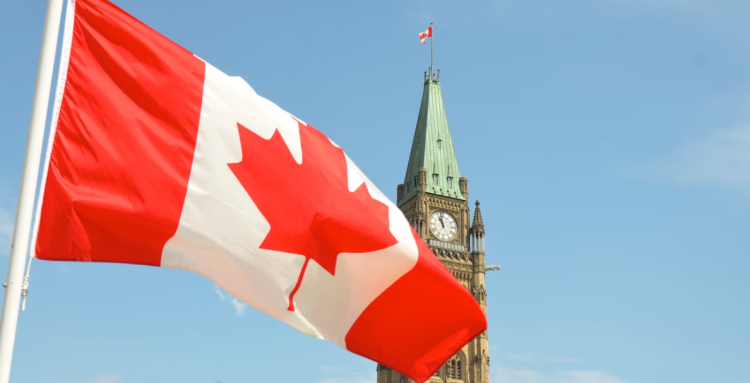In the world scope, Canada is considered very forward thinking and perhaps even loose with the law. As is the reputation you're going to get when you're one of the few places to decriminalise a recreational drug nationwide. And yet, the Canadian migration into the casino-verse seems slower than most. Why is that? We're looking up the elements that might contribute to Canada boarding, or being hesitant to board, the casino-verse. What needs to be done for Canada to get on board with the latest trend in online casino gambling?
The virtual world just isn't quite there yet
Whether the founding father of the Metaverse, Meta CEO Mark Zuckerberg, likes it or not, the Metaverse just isn't there yet. There are 35 people online, the graphics look like a low budget Wii game, and the concept of holding meetings in a virtual boardroom is getting no brains on fire.
But can you guess who has embraced the virtual world? Online casinos like Mr Green Slots. That's the demographic that loves the virtual world: gamers. iGamers are an offshoot but still very valid branch of gamers, and they love their new tech and gadgets as much as the next guy. But the important thing to remember is that they don't need too much superior tech to access an online casino. They can access any online casino and play slots like they would via a browser on any other device. The graphics won't go down, there isn't too much movement so bugs are minimal, so is practical issues that come with VR console games, and the engagement is a given.
Even better, when you pair a live streamed casino table with a virtual reality headset, you get as close as humanly possible to being in the casino without being in the casino, for a fully immersive experience.
As virtual reality advances, it's clear that we will see even more and even better online casinos emerge.
Canadian gambling law isn't as free as you'd think
In Canada, gambling in general is subject from province to province. It's an affair regulated by provincial authorities and illegal on a nationwide level. Given that each province has their own range of conservative to liberal political views, you can imagine that some have legalised online gambling and some have not. Ontario, Quebec, British Columbia, Alberta, the Atlantic Provinces, and Saskatchewan have all legalised gambling in some capacity, but they have their own limits pertaining to sports gambling, premises, etc. Only Northwest Territories and Nunavut have banned gambling outright.
And this gets even more limited when it comes to online gambling, which is a relatively new concept. The laws across Canada vary when it comes specifically to online gambling, and within them regulations differ since it is a province by province issue.
A chance for change?
But you never know what could change tomorrow. Canada's neighbour, the US has recently gone through a surge of legalised sports betting and online betting. It may have been prompted by the Supreme Court dissolving the nationwide Professional and Amateur Sports Protection Act of 1992 in 2018 so the decision came down state-by-state, much like Canada, but New Jersey solidified the idea as a good one. As the Atlanta physical casinos closed for Covid lockdowns, the tax from online casinos not only kept the city afloat, but allowed the city to thrive. Meanwhile, Canadian lawmakers passed bill C-218 which gave a similar result, making a national issue a province issue. As online sports betting expands across the country and the taxes come in from that, is it possible that Canada will see reason to legalise all online betting?






